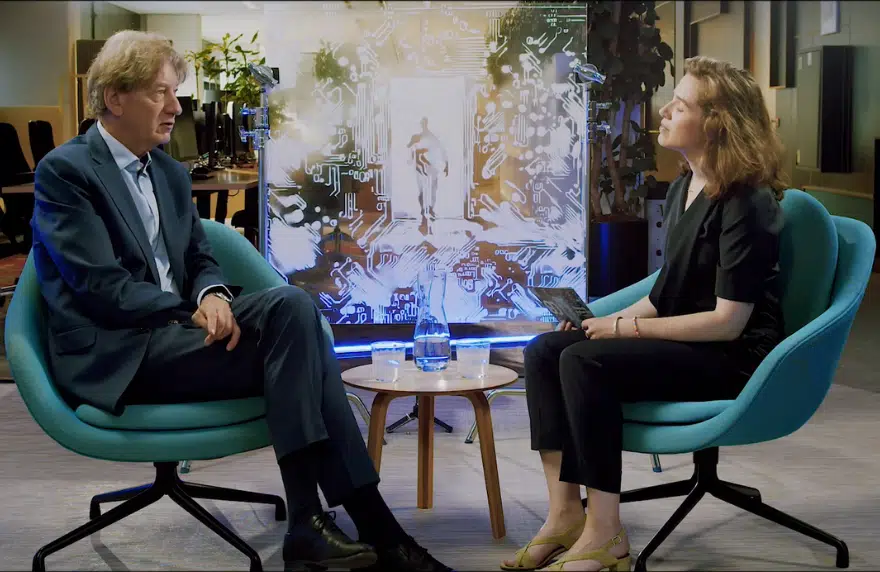China verandert de wereld. China domineert in Afrika, China is de grootste automarkt, is monopolist op het gebied van schaarse aardmetalen die essentieel zijn voor het vergroenen van economieën. En China is de grootste importeur van grondstoffen.
Onlangs werd bekend dat China de afgelopen tijd voor 25 miljard dollar aan bedrijven en belangen in de olie en gasindustrie heeft gekocht. China kijkt ook met hongerige ogen naar Afghanistan, waar voor 1000 miljard dollar aan delfstoffen te vinden is, met inbegrip van een van de grootste voorraden lithium ter wereld, nu nog grondstof voor batterijen, straks voor elektrische auto’s. Een metaal dus dat essentieel is voor de vergroeningsindustrie.
Al die Chinese aankopen zijn vitale belangen die zo nodig met militaire macht moeten worden beschermd. Daarom investeert China tevens in zijn krijgsmacht, die steeds verder van huis wordt ingezet en oefent.
China investeert strategisch en maakt gebruik van de financiële crisis die het Westen verlamt. Hoe strategisch, blijkt uit de investeringen in Piraeus. Het Chinese Cosco Pacific wil van deze Griekse haven het centrum van de Chinese handel met de regio, inclusief een groot deel van Europa, maken. Voeg daarbij de plannen voor railverbindingen tussen China en Europa en plannen voor nieuwe pijpleidingen door Turkije, en de kans wordt groot dat Nederland niet langer de voordeur, maar de achterdeur van Europa wordt.
Het zijn ontwikkelingen die aan het naar binnen gerichte Nederland voorbijgaan. De vorming van en nieuwe kabinet sleept zich voort. En voor zover er in dit land nog beleid wordt gemaakt, gaat de Haagse discussie niet over de grote veranderingen die zich nu voltrekken. Over de betekenis ervan voor Nederland en Europa wordt op zijn best onvoldoende nagedacht.
Mijn redenering is simpel: grondstoffen die naar het snel groeiende China gaan, gaan niet naar ons. Dat is geen probleem als de wereldvoorraden onuitputtelijk zijn. Maar dat zijn ze niet. Peking trekt daaruit de conclusie dat nu gebruik moet worden gemaakt van de politiek en financieel in problemen verkerende westerse wereld en dat de tijd rijp is om via koopjes de aanvoer van grondstoffen en afzetmarkten te garanderen. Zo kan het land de eigen economische groei veiligstellen.
De Chinese leiders valt niets verwijten. Als ik een van hen was, zou ik het ook zo doen.
In Europa valt de regeringsleiders en de EU wel veel te verwijten. Er dient met spoed een coherente strategie te komen die bepaalt hoe Europa in dit geopolitieke geweld overeind blijft. Gaan we de competitie met China aan? Gaan we een eigen koers varen door substituten voor schaarse grondstoffen te ontwikkelen om te voorkomen dat we economisch, dus politiek afhankelijk van andere landen worden? En hoe richten we de Nederlandse economische basis opnieuw in?
De geschiedenis leert dat de maatschappij een collectieve uitdaging nodig heeft om in beweging te komen. Tijdens de Koude Oorlog was dat de strijd tegen de Russen. Daarna ging het om moslimterroristen, en nu moet worden gestreden voor behoud van welvaart. Maar bombardeer alsjeblieft niet de Chinezen tot vijand, want die doen niets verkeerd. En er zijn er ruim een miljard van.
Trouw





